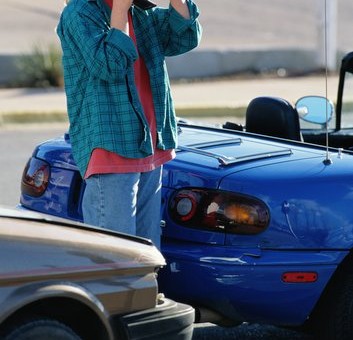In the legal sense of the term, there are different types of negligence that may be actionable reasons to file a lawsuit. In rear end collisions, the person who actually caused the accident may be required to pay damages to the victim in the accident because of their negligence. There are different ways that negligence can manifest and, in rear end collisions, some of them are quite common.
Understanding the Concepts
Generally speaking, there are three types of negligence that are very likely to play a part in a lawsuit over a rear end collision. Ordinary negligence describes a situation when somebody fails to exercise the ordinary level of care involved in keeping another person safe and when they cause an injury because of that. Slight negligence describes a situation when somebody fails to exercise more than ordinary amounts of care in protecting somebody else. Gross negligence refers to situations where the person who was negligent failed to take even the smallest actions that would have prevented someone else from coming to harm.
In a rear end collision, there may be specifics involved in the case that determine what degree of negligence was at play. For instance, if somebody was talking on their cell phone, not paying attention to the turn signal that you put on to indicate you were going to be slowing down and turning off and that person was tailgating you, they actually might be found to have been grossly negligent in their behavior. If, on the other hand, they simply failed to apply the brakes in time to avoid a collision, they may have been negligent, but they may not have been negligent in a way where it was almost as if they were putting you in danger on purpose.
Attorneys who deal with rear end car crash lawsuits will deal with these technicalities on your behalf. In rear end collisions, it is quite common that the person who hit you was simply not paying attention or that they were tailgating you and, thus, did not have adequate time to break to avoid hitting you.
Some of the actions that people take that lead to rear end collisions are criminal. These matters, however, will be handled in a criminal court and the lawsuit that you may file to get compensation for your injuries will be handled in a civil court, where your attorney will work hard to establish that negligence played a part in your injuries.

